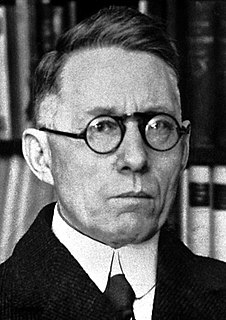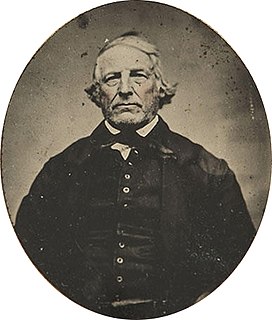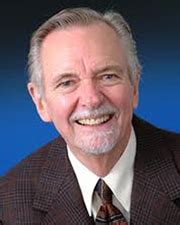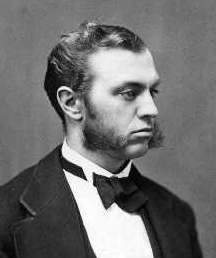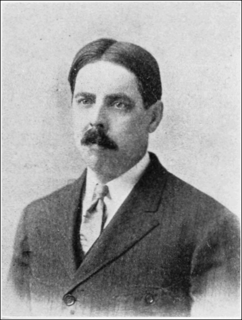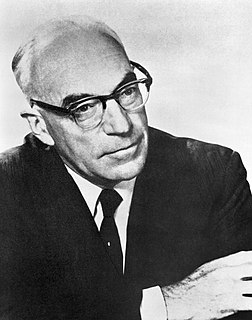A Quote by Johann Wolfgang von Goethe
In all our academies we attempt far too much. ... In earlier times lectures were delivered upon chemistry and botany as branches of medicine, and the medical student learned enough of them. Now, however, chemistry and botany are become sciences of themselves, incapable of comprehension by a hasty survey, and each demanding the study of a whole life, yet we expect the medical student to understand them. He who is prudent, accordingly declines all distracting claims upon his time, and limits himself to a single branch and becomes expert in one thing.
Quote Topics
Accordingly
Attempt
Become
Becomes
Botany
Branch
Branches
Chemistry
Claims
Comprehension
Delivered
Demanding
Each
Earlier
Enough
Expect
Expert
Far
Hasty
Himself
His
However
Incapable
Learned
Lectures
Life
Limits
Medical
Medicine
Much
Now
One Thing
Our
Prudent
Sciences
Single
Student
Study
Survey
Them
Themselves
Thing
Time
Times
Too
Too Much
Understand
Were
Whole
Whole Life
Related Quotes
'Tis a short sight to limit our faith in laws to those of gravity, of chemistry, of botany, and so forth. Those laws do not stop where our eyes lose them, but push the same geometry and chemistry up into the invisible plane of social and rational life, so that, look where we will, in a boy's game, or in the strifes of races, a perfect reaction, a perpetual judgment keeps watch and ward.
I grew up in Muenchen where my father has been a professor for pharmaceutic chemistry at the university. He had studied chemistry and medicine, having been a research student in Leipzig with Wilhelm Ostwald, the Nobel Laureate 1909. So I became familiar with the life of a scientist in a chemical laboratory quite early.
Although I was four years at the University [of Wisconsin], I did not take the regular course of studies, but instead picked out what I thought would be most useful to me, particularly chemistry, which opened a new world, mathematics and physics, a little Greek and Latin, botany and and geology. I was far from satisfied with what I had learned, and should have stayed longer.
A Student is the most important person ever in this school...in person, on the telephone, or by mail.
A Student is not dependent on us...we are dependent on the Student.
A Student is not an interruption of our work..the Studenti s the purpose of it. We are not doing a favor by serving the Student...the Student is doing us a favor by giving us the opportunity to do so.
A Student is a person who brings us his or her desire to learn. It is our job to handle each Student in a manner which is beneficial to the Student and ourselves.
Medical knowledge and technical savvy are biodegradable. The sort of medicine that was practiced in Boston or New York or Atlanta fifty years ago would be as strange to a medical student or intern today as the ceremonial dance of a !Kung San tribe would seem to a rock festival audience in Hackensack.
When quite young I can remember I had no thought or wish of surpassing others. I was rather taken with a liking of little arts and bits of learning. My mother carefully fostered a liking for botany, giving me a small microscope and many books, which I yet have. Strange as it may seem, I now believe that botany and the natural system, by exercising discrimination of kinds, is the best of logical exercises. What I may do in logic is perhaps derived from that early attention to botany.

